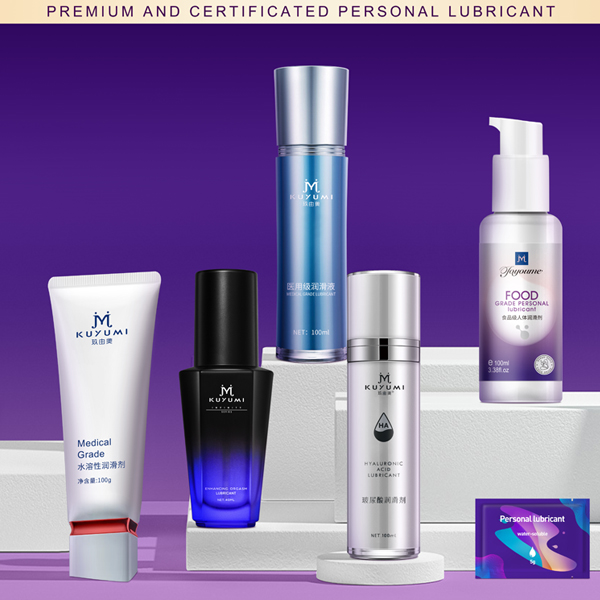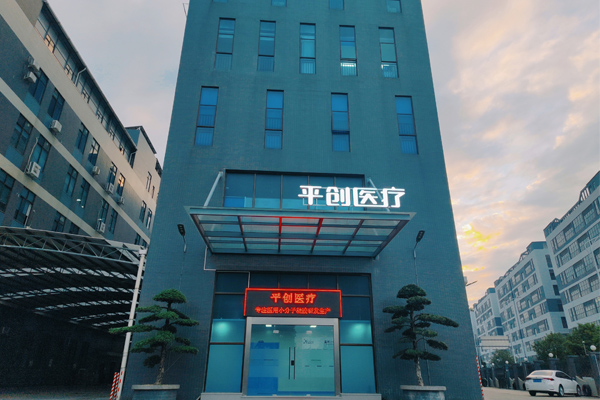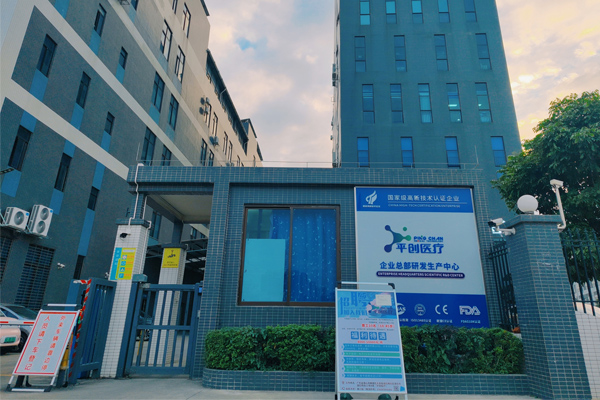In many people's minds, large factories' automated production lines always seem to be equated with large-volume orders, while small-batch, multi-variety custom demands often struggle to receive the same quality assurance and service priority.

However, with the popularization of flexible manufacturing concepts and the improvement of production management levels, some contract manufacturers with advanced production capabilities, even with up to 10 automated production lines, can manage to cater to both large and small orders, allowing small-order customers to also enjoy "major factory quality" lubricating jelly.
What does "major factory quality" usually mean? It represents stricter production standards (e.g., GMP-grade cleanrooms), more stable raw material sources (e.g., medical-grade raw materials), more precise quality control (e.g., 21 quality inspection steps), more consistent product batches (e.g., variance rate below 0.3%), and more reliable delivery capabilities. The realization of these advantages is inseparable from the support of automated production lines.
The existence of 10 automated production lines first guarantees sufficient overall production capacity, enabling the factory to reserve production space for small-order customers while meeting the needs of large clients. Automated production ensures precise execution of process parameters—whether it's material input, mixing time, or filling accuracy, all can be controlled with high consistency, thus ensuring the stability of product quality across different batches and orders. This is particularly important for small-order customers, as they may find it harder to bear the risk of quality fluctuations.

Standardized operating procedures and quality management systems cover all production lines, ensuring that products from every line meet a unified "major factory standard."
The cost advantages brought by large-scale procurement may also allow small-order customers to enjoy more competitive prices to some extent.
Pingchuang Medical possesses 10 automated production lines, a daily output of 600,000 units, and strict GMP pharmaceutical production standards. It not only serves major domestic and international brands but also welcomes small-order customers with various custom demands.
